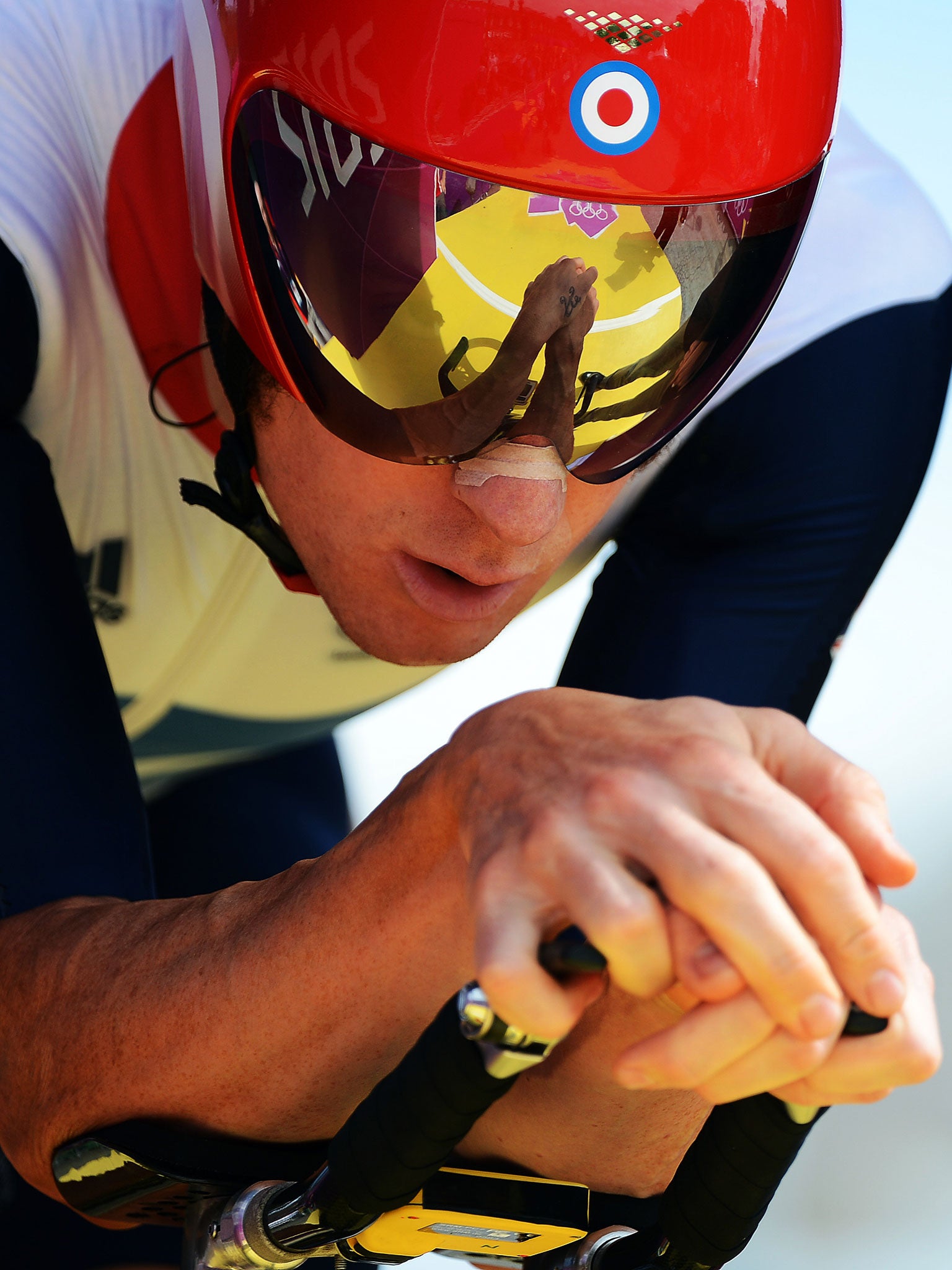Significantly fewer people now playing sport regularly than before last year's Olympic Games
Drop prompts accusations that the Government has already squandered the legacy of London 2012

Significantly fewer people in England are now playing sport regularly than before the Olympics, prompting accusations that the Government has already squandered the legacy of London 2012.
Participation figures published today by Sport England show that nearly a year on from the golden glow of the Games, 20 out of 29 sports recorded a fall in the number of adults taking part between April 2012 and April 2013.
Do you do more than 30 minutes exercise a week? See our poll at the bottom of this article
Overall the numbers of people exercising for 30 minutes once a week fell by 100,000 to 15.3 million over the same period, or by an even greater margin of 200,000 since October. The number of those exercising three times a week also fell.
The long winter and a cold, wet spring were suggested as part of the reason for the drop in numbers, particularly in cycling and athletics, sports that long term are on the rise, but the lack of a significant Olympic bounce lasting beyond 2012 is a significant concern.
“These disappointing figures show the Government is failing to deliver the Olympic legacy,” said Clive Efford, the shadow minister for sport. “There should have been a significant increase in participation following the Olympics. It is not acceptable to explain away these figures by saying we have had a bad winter.”
Critics have pointed to what they claim is the lack of a clear, long-term Government plan for school sports - despite a recent £150m funding boost for primary schools - and increasing pressure on sports facilities around the country as local authority cuts start to bite.
Mr Efford said: “While any increase is welcome, these figures show that we are failing to inspire the next generation of young people to get involved in sport. The Government has failed to plan ahead and is playing catch up to get more people participating in physical activity. They are showing a complete lack of planning and any coherent strategy to deliver a legacy.”
Football suffered the most dramatic fall, with an 11.7 per cent drop over the last year - meaning it is now behind swimming and athletics as the third largest sport in terms of participation.
However, interest in track and field appear to have been boosted by the Games with a 25 per cent increase in England and double figure rises in Wales, Scotland and Northern Ireland. UK Athletics also said it had seen a significant rise in the number of 9 to 16-year-olds joining athletics clubs in the wake of the triumphs of Jess Ennis and Mo Farah.
Sport England, which spends £300m a year of lottery and Government funding in an attempt to increase participation, said it had seen a rise of more than half a million people taking part in sport since October 2011, and a sustained rise since London first won the Games - 1.4 million more people are participating since 2005.
Its last figures in October showed a 750,000 year-on-year rise, while there has been a small rise of 0.7 per cent in participation among 16 to 25-year-olds, now the key target group.
The finding follows condemnation of the government for dropping ring fenced funding for the Schools Sport Partnership. Dame Tessa Jowell, the Labour former Olympics minister, was among the critics and, giving evidence to a Lords committee, highlighted a survey that showed participation fell after ring-fencing was removed.
No Olympics has ever led to a long-term increase in sporting participation in a host nation, but the Government maintains there will in time be a significant and lasting rise.
There is at least evidence of a sizeable Olympic bounce in one area. The number of women boxing has more than doubled since Nicola Adams won gold. Overall, female participation in sport showed a slight rise. Nick Bitel, Sport England's chairman, acknowledged that the decline in football was a "cause for concern". But he added: "Over the last 18 months we have seen a very, very strong increase. The figures are not as strong as one would have hoped but pre-Games growth is largely being maintained.
"Part of the mantra of the Games was to inspire a generation. Part of our aim is to get people into a sporting habit for a lifetime. We can't say that's achieved, but we can say it is moving in the right direction. The next figures [in October] will give us a complete year since the Games. You are not going to declare success after one year: we have a four-year funding cycle."
Hugh Robertson, the Sports Minister, said: "We remain absolutely committed to delivering a lasting sports participation legacy from London 2012. The long-term trend shows we are on track."
Subscribe to Independent Premium to bookmark this article
Want to bookmark your favourite articles and stories to read or reference later? Start your Independent Premium subscription today.

Join our commenting forum
Join thought-provoking conversations, follow other Independent readers and see their replies